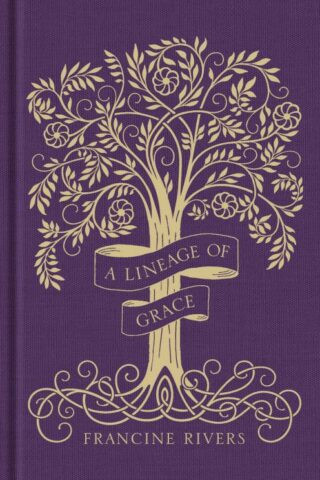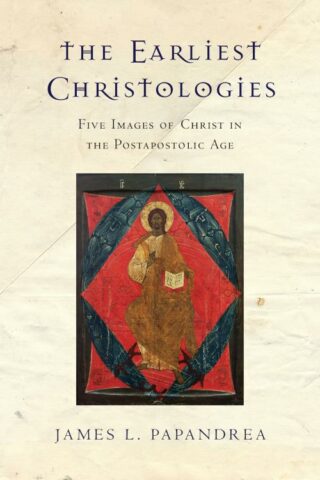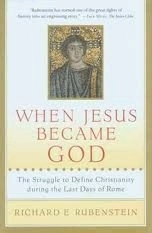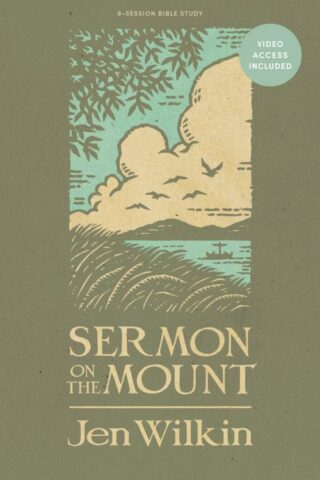Chu
Showing all 2 resultsSorted by latest
-
Earliest Christologies : Five Images Of Christ In The Postapostolic Age
$18.991. Five Images Of Christ In The Postapostolic Age
2. Christ As Angel: Angel Adoptionism
3. Christ As Prophet: Spirit Adoptionism
4. Christ As Phantom: Docetism And Docetic Gnosticism
5. Christ As Cosmic Mind: Hybrid Gnosticism
6. Christ As Word: Logos Christology (Incarnation)
7. What, Then, Is Orthodoxy?
Chart: Christology ContinuumAdditional Info
The second century was a religious and cultural crucible for early Christian Christology. Was Christ a man, temporarily inhabited by the divine? Was he a spirit, only apparently cloaked in flesh? Or was he the Logos, truly incarnate? Between varieties of adoptionism on the one hand and brands of Gnosticism on the other, the church’s understanding took shape. In this clear and concise introduction, James Papandrea sets out five of the principal images of Christ that dominated belief and debate in the postapostolic age. While beliefs on the ground were likely more tangled and less defined than we can know, Papandrea helps us see how Logos Christology was forged as the beginning of the church’s orthodox confession. This informative and clarifying study of early Christology provides a solid ground for students to begin to explore the early church and its Christologies.Add to cartin stock within 3-5 days of online purchase
-
When Jesus Became God
$19.99A thoroughly researched and vivid re-creation of one of the most critical periods in the history of Western religion
The life of Jesus, and the subsequent persecution of Christians during the Roman Empire, have come to define what many of us know about early Christianity. The fervent debate, civil strife, and bloody riots within the Christian community as it was forming, however, is a story that is rarely told. Richard E. Rubenstein takes readers to the streets of the Roman Empire during the fourth century, where a divisive argument over the divinity of Jesus Christ was underway. Ruled by a Christian emperor, followers of Jesus no longer feared for the survival of their monotheistic faith, but they found themselves in different camps-led by two charismatic men-on the topic of Christian theology. Arius, an Alexandrian priest and poet, preached that Jesus, though holy, is less than God, while Athanasius, a brilliant and violent bishop, saw any diminution of Jesus’ godhead as the work of the devil. Between them stood Alexander, the powerful Bishop of Alexandria, in search of a solution that would keep the empire united and the Christian faith alive.
Add to cartin stock within 3-5 days of online purchase











